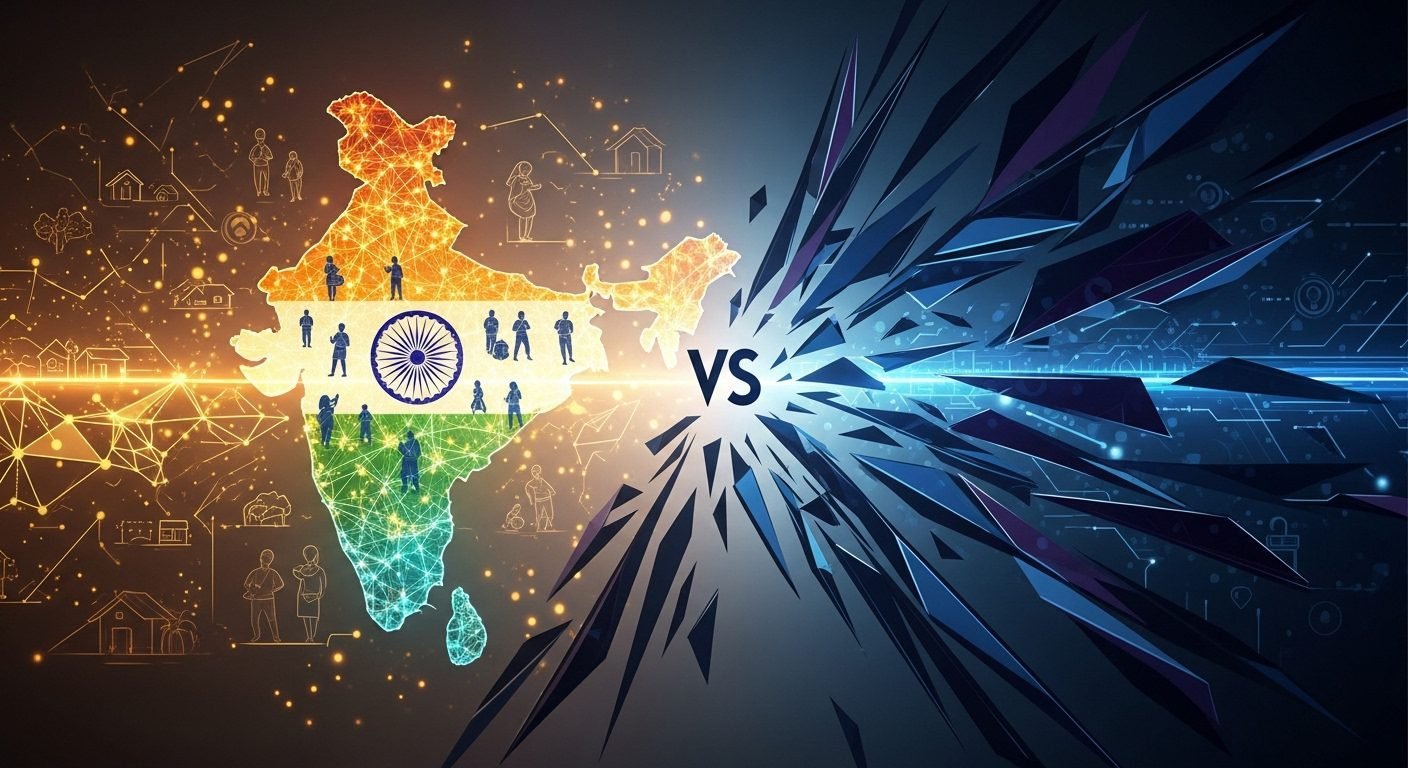“Historic.” That’s the word Justin Nelson, lead counsel for the plaintiffs, used to describe the recent legal development from San Francisco. AI startup Anthropic, developer of the Claude AI assistant and backed by tech giants Amazon and Alphabet, has reached a settlement in a class-action lawsuit brought by U.S. authors. This resolution, disclosed in a court filing on August 26, 2025, marks the first significant AI copyright settlement among a growing wave of high-profile intellectual property lawsuits against major AI developers, setting a crucial precedent for the nascent industry.
The Broader Current: AI’s Legal Battleground
This agreement doesn’t stand in isolation. It arrives amidst an escalating legal conflict between rapid AI innovation and established intellectual property protections. Industry giants like OpenAI, Microsoft, and Meta Platforms are also navigating similar copyright infringement challenges brought by authors, artists, and news organizations. The Authors Guild and other creators have consistently voiced concerns that AI companies are utilizing their work without permission or fair compensation, directly threatening their livelihoods. Many creators feel this trend validates their fears that AI companies are “stealing information to train instead of paying.” [Infographic: Key AI Copyright Lawsuits & Plaintiffs]
Anthropic’s Strategic Retreat: A Deep Dive
At the heart of Anthropic’s decision to settle lies a compelling narrative driven by immense financial and legal pressures. The class-action lawsuit, led by authors Andrea Bartz, Charles Graeber, and Kirk Wallace Johnson, accused Anthropic of illegally downloading as many as 7 million books from pirated websites like LibGen and Pirate Library Mirror (PiLiMi) to train its AI models. Under U.S. copyright law, willful infringement can carry statutory damages of up to $150,000 per instance. This meant Anthropic faced the daunting prospect of potentially billions or even trillions of dollars in damages if the case had proceeded to trial and the authors were fully successful. The gravity of this situation was underscored by Anthropic’s own CFO, who previously warned that potential damages could exceed $900 billion – a staggering figure that dwarfs the company’s projected 2025 revenue of $5 billion. [Chart: Anthropic’s Financial Exposure vs. Potential Damages]
Avoiding a potentially costly and lengthy trial, which was scheduled for December, allowed Anthropic to sidestep immediate, massive financial liabilities. A crucial turning point in the legal battle was U.S. District Judge William Alsup’s mixed ruling earlier in the summer. While he stated that using copyrighted materials for AI training could be considered “fair use” due to its transformative nature, Judge Alsup made a critical distinction: the company’s method of acquiring millions of these books through piracy was a clear violation of copyright law and not protected by fair use. This nuanced ruling provided the authors with significant leverage, allowing them to pursue a separate piracy claim that carried the potential for monumental damages. Consequently, Anthropic’s decision reflects a pragmatic choice to navigate these substantial financial and legal hurdles, rather than risk a devastating verdict.
Data Outlook
- Insight One: Financial pressure, exemplified by Anthropic’s potential $900B liability against $5B projected 2025 revenue, will force early settlements in major AI intellectual property cases, prioritizing survival over protracted legal battles.
- Insight Two: Judge Alsup’s distinction—fair use for AI training data but not for pirated acquisition—will become a critical legal leverage point, empowering creators to pursue high-damage piracy claims with increased frequency.
- Insight Three: The AI industry’s reliance on “shadow libraries” for training data will rapidly diminish, with licensing costs for ethical data sourcing becoming a significant, non-negotiable line item in AI development budgets by 2026.
Beyond the Pirate Bay: Future Implications
The Anthropic settlement signals a critical, data-driven shift in how AI training data is sourced. Judge Alsup’s explicit distinction between fair use for training and the illegality of pirated sources will undoubtedly compel other AI developers to rigorously vet their data pipelines. This short-term consequence sets a powerful precedent for future settlements, influencing ongoing and forthcoming lawsuits across the AI industry. Syracuse University College of Law Professor Shubha Ghosh believes the settlement could be “huge” in shaping future AI litigation, though he cautions that “the devil is in the details” of the undisclosed terms. The success of the piracy claim against Anthropic may also encourage other content creators, notably music publishers who are already engaged in legal battles with AI firms, to bolster their own lawsuits with similar piracy allegations.
In the long term, the industry is poised for an inevitable shift away from “shadow libraries” and towards legitimate data marketplaces and licensing agreements with content creators. Companies like OpenAI and Google are already actively negotiating licenses with publishers and authors, indicating a broader movement towards ethical and legal data acquisition. While this transition will likely increase operational costs for AI firms, particularly smaller entities, it also creates new opportunities for compliant data infrastructure companies. Intellectual property attorney Vivek Jayaram, however, suggests that this specific settlement might not immediately trigger a wave of similar deals, citing the authors’ unique leverage with a piracy claim and class certification.
In the absence of comprehensive legislation, court cases like Anthropic’s will continue to shape the legal and regulatory landscape of AI. This settlement could directly inform future legislative efforts, emphasizing the growing importance of legal compliance and ethical data practices for investors and the overall valuation of AI companies. Ultimately, this landmark case, alongside other ongoing litigation, contributes to a powerful movement among creators demanding fair compensation and control over their work in the age of generative AI.
The message is clear for investors and stakeholders: the era of “move fast and break things” in AI data acquisition is over. Future success will hinge not just on technological prowess, but on demonstrable legal compliance and transparent, ethical sourcing of training data. For further reading on this developing story, see: Anthropic Settles Major AI Copyright Suit Brought by Authors.












топ сео сайтов reiting-seo-agentstv.ru .
1xbet mobi http://1xbet-giris-1.com/ .
обучение seo обучение seo .
организация трансляции организация трансляции .
топ seo агентств мира reiting-seo-kompanii.ru .
Thank you for your sharing. I am worried that I lack creative ideas. It is your article that makes me full of hope. Thank you. But, I have a question, can you help me? https://accounts.binance.info/register-person?ref=IXBIAFVY